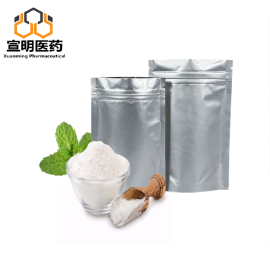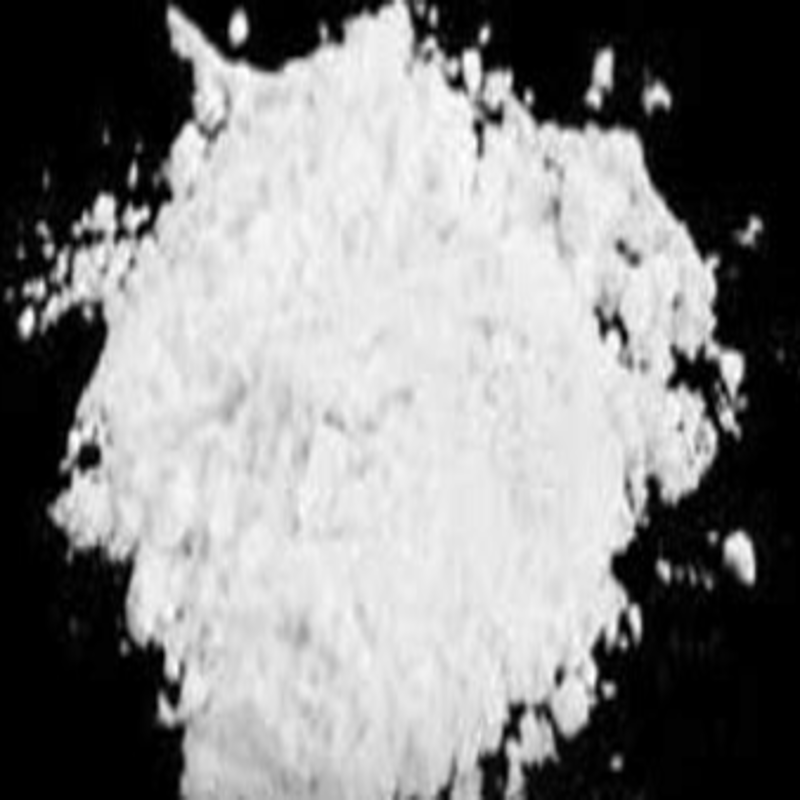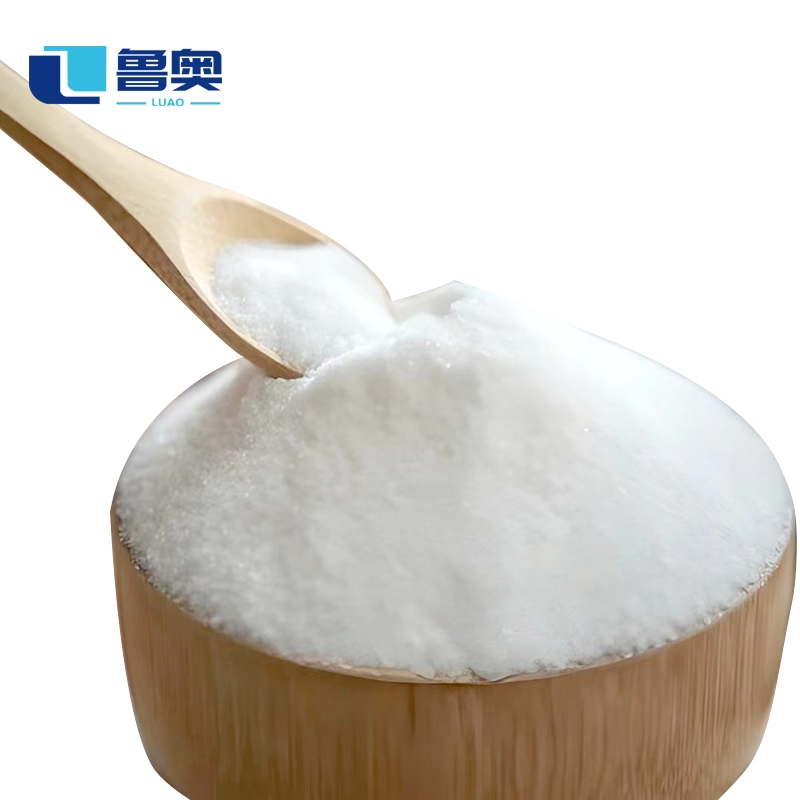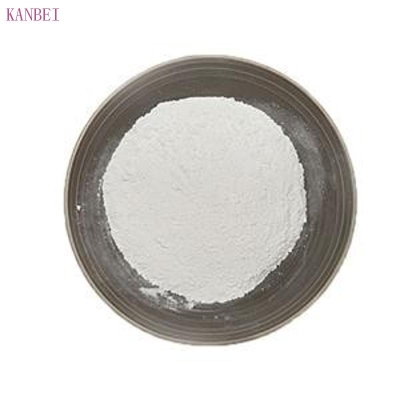Biochemical Engineering
- • Amino Acids and Proteins (221)
- • Nucleic Acid Drugs (18)
- • Enzymes and Coenzymes Drugs (115)
- • Inhibitors (1083)
- • Biological Response Modifiers (15)
- • Fat Medicines (7)
- • Amino Acids and Derivatives (4144)
- • Saccharides (2371)
- • Biochemical Reagents (322)
- • Nucleoside Drugs (346)
- • Condensing Agent (40)
- • Polypeptide (619)
- • Biosynthetic Natural Products (105)
- • Plant Extracts (813)
- • Chinese Herbs (352)
- • Microbiology Reagents (11)
- • Protein Research (34)
- • Lipids (281)
- • Inflammation Mediators (128)
Related News
Polypeptide
Albumins, blood plasma
(68551-06-4)-
![ALBUMIN buy ALBUMIN]()
-
![Albumins, blood plasma buy Albumins, blood plasma]()
Industrial Grade or Medical grade / 99%
-
![Bovine Serum Albumin buy Bovine Serum Albumin]()
- / 0.99%
-
Request for quotation , get quotes from more suppliers.
Palmitoyl Tripeptide-38
(1447824-23-8)-
Cosmetics Grade / 99.0%
-
Cosmetics Grade / 98%
-
Top Product / 99%
$59-73/G FOB
-
Research and Industrial Grade / 98.00%
Request for quotation , get quotes from more suppliers.
VAPREOTIDE
(103222-11-3)-
- / 99.00%
-
chemical grade / 99%
$1/mg EXW
-
Pharmacy Grade / 99%
-
Pharmacy Grade / 99%
Request for quotation , get quotes from more suppliers.
(R)-(-)-4-BENZYL-3-PROPIONYL-2-OXAZOLIDINONE
(131685-53-5)-
- / 99.00%
-
![(R)-(-)-4-BENZYL-3-PROPIONYL-2-OXAZOLIDINONE buy (R)-(-)-4-BENZYL-3-PROPIONYL-2-OXAZOLIDINONE]()
Industrial Grade / 99.0%
-
![(R)-(-)-4-Benzyl-3-propionyl-2-oxazolidinone buy (R)-(-)-4-Benzyl-3-propionyl-2-oxazolidinone]()
-
![(R)-(-)-4-Benzyl-3-propionyl-2-oxazolidinone buy (R)-(-)-4-Benzyl-3-propionyl-2-oxazolidinone]()
Industrial Grade,Pharma Grade / 99%
Request for quotation , get quotes from more suppliers.
PGLU-HIS-PROAMIDEACETATESALT
(40216-95-3)-
![pglu-his-pro amide acetate buy pglu-his-pro amide acetate]()
Industrial Grade / 99%
-
![PGLU-HIS-PRO AMIDE ACETATE SALT buy PGLU-HIS-PRO AMIDE ACETATE SALT]()
-
![PGLU-HIS-PRO AMIDE ACETATE SALT buy PGLU-HIS-PRO AMIDE ACETATE SALT]()
Industrial Grade / 99%
-
![acetic acid,(2S)-N-[(2S)-1-[(2S)-2-carbamoylpyrrolidin-1-yl]-3-(1H-imidazol-5-yl)-1-oxopropan-2-yl]-5-oxopyrrolidine-2-carboxamide buy acetic acid,(2S)-N-[(2S)-1-[(2S)-2-carbamoylpyrrolidin-1-yl]-3-(1H-imidazol-5-yl)-1-oxopropan-2-yl]-5-oxopyrrolidine-2-carboxamide]()
Request for quotation , get quotes from more suppliers.
(4S,5R)-(-)-4-METHYL-5-PHENYL-2-OXAZOLIDINONE
(16251-45-9)-
Pharmacy Grade / 98%
-
Pharmacy Grade / 99%
-
Reagent Grade / 99%
$12-15/KG FOB
-
pharmaceutical grade / 99.9%
Request for quotation , get quotes from more suppliers.
Tripeptide-10 citrulline
(960531-53-7)-
- / 0.00%
-
Top Product / 98%
-
- / 99.00%
-
Pharmacy Grade / 99%
$45-55/KG FOB
Request for quotation , get quotes from more suppliers.
CRF(BOVINE)
(92307-52-3)-
Research and Industrial Grade / 98.00%
-
![CRF (BOVINE) buy CRF (BOVINE)]()
Industrial Grade / 99%
-
![CRF (BOVINE) buy CRF (BOVINE)]()
-
![CRF (BOVINE) buy CRF (BOVINE)]()
Industrial Grade / 99%
Request for quotation , get quotes from more suppliers.
Avidins
(1405-69-2)-
- / 99.00%
-
Reagent Grade / 99%
$20-25/G FOB
-
Industrial Grade / 99%
-
Request for quotation , get quotes from more suppliers.
Dynorphin A (1-13)
(72957-38-1)-
Research and Industrial Grade / 98.00%
-
Pharmacy Grade / 99%
-
Pharmacy Grade / 99%
-
![Dynorphin A (1-13) buy Dynorphin A (1-13)]()
Industrial Grade / 99%
Request for quotation , get quotes from more suppliers.
Source Polypeptide Raw Materials by Region
More Information
Application of polypeptide
With recent advancements in biotechnology, polypeptides have found increasing use as therapeutic agents. They can serve in diagnostic, curative, and preventative applications and can be synthesized artificially to meet clinical demands.
Due to their unique properties, polypeptides combine the characteristics of both small molecule drugs and protein-based therapies, making them a highly researched class of molecules. Insulin, for example, was the first polypeptide drug introduced, and since then, over 80 polypeptide-based drugs have been commercialized. These include peptide vaccines, anti-cancer peptides, antiviral peptides, cardiovascular peptides, cytokine mimetic peptides, antimicrobial peptides, and diagnostic peptides.
One of the major advantages of polypeptide drugs is their reduced likelihood of inducing drug resistance. However, they also pose significant challenges, such as higher toxicity and lower stability compared to other drug types. The immunogenicity and instability of polypeptide drugs are often attributed to chemical reactions like deamidation, oxidation, hydrolysis, and the formation of incorrect structures.










































